ENO cuts ticket prices for new season
- Published
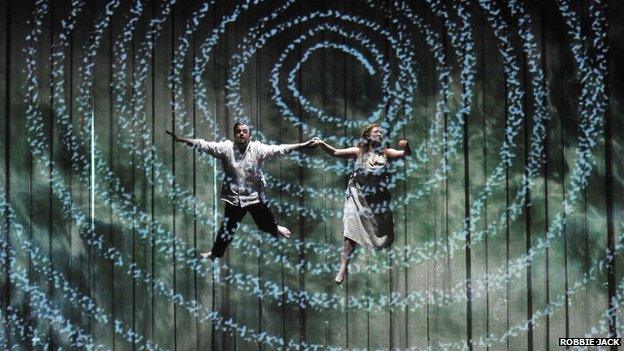
The Magic Flute is among the revivals in the ENO 2015/16 season
English National Opera has announced it is cutting ticket prices for its new season as it attempts to secure its financial future.
ENO's 2015-16 programme includes six new productions and five revivals, with 50% of all tickets reduced in price.
Announcing the new line-up, artistic director John Berry admitted the ENO faced "difficult financial times".
The organisation was placed under special funding arrangements in February by Arts Council England.
It was told to improve its business model over the next two years or face budget cuts.
The 2015-2016 programme, unveiled on Wednesday, includes popular favourites such as The Barber of Seville, The Mikado, The Magic Flute and Madam Butterfly.
Berry acknowledged that the new season had been reduced in size after cuts last year. "We lost 30% of our arts council grant and there are a huge financial challenges across the whole of the arts and one has to cut our cloth accordingly.
"Maybe it's a smaller season, but in terms of artistic adventure it feels extremely exciting."
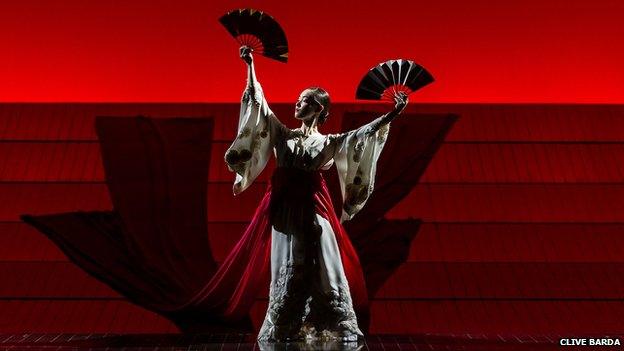
Madam Butterfly is another revival for the new season
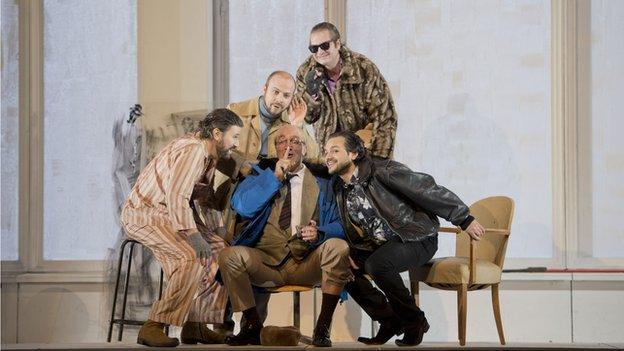
La boheme will be directed by Benedict Andrews
The new season at the London Coliseum opens with Shostakovich's Lady Macbeth of Mtsensk, conducted by the ENO's new music director Mark Wigglesworth.
Artist Anish Kapoor will design a new production of Wagner's Tristan and Isolde, while Australian director Benedict Andrews - who oversaw Gillian Anderson's acclaimed performance in A Streetcar Named Desire at the Young Vic - will direct Puccini's La boheme.
The new ticket pricing scheme will see 60,000 tickets available for £20 or under, with 100 seats at every show available at the lowest price of £12.
Cressida Pollock, the ENO's interim chief executive, said it was vital that the company's work was accessible to the widest possible audience.
"We recognise that we must bring new audiences into the London Coliseum, and ensure they return time and time again by offering an experience like no other, at an affordable price."
The ENO has had a bumpy ride behind the scenes in 2015 coupled with a string of stage successes - including two wins at the Olivier Awards and 96% capacity audiences for the recent Sweeney Todd, starring Emma Thompson and Bryn Terfel.
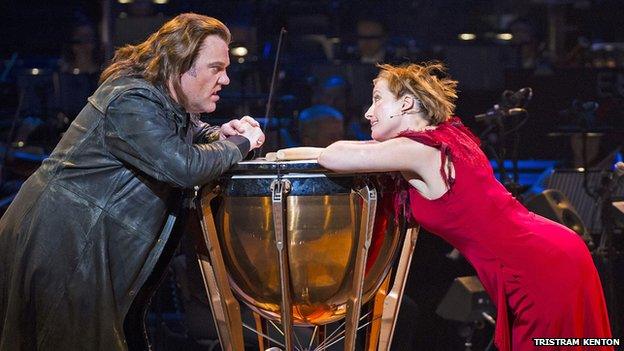
More than half of those who booked for Sweeney Todd, with Bryn Terfel and Emma Thompson, were newcomers to the ENO
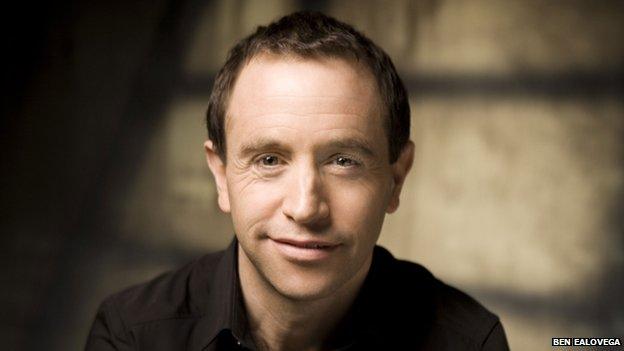
Mark Wigglesworth has taken over as the ENO's musical director
Both its chairman and executive director both stepped down within days of each other in January, and then in February the Arts Council dropped ENO from its national portfolio of organisations for 2015-18.
It said it would review the ENO's finances over the next two years and "set rigorous milestones" for progress.
Asked about the challenges ahead, Berry said his priority was to get back into the national portfolio and secure a third year of funding.
"Arts funding, even at its reduced level, is a spring-board for commercial relationships. It's not there to pay for the whole organisation - it can't.
"It's both an exciting and challenging time. I wish it was easier at times but we can't do everything every year."
He said the ENO had been "a very tough company to run" for three decades. "In the end it has to be about the art and the work we are doing on the stage."
One potential issue between the Arts Council and ENO, according to BBC arts editor Will Gompertz, is whether the opera company needs a full-time orchestra and chorus.
Berry said on Wednesday that the orchestra and chorus were "vital to our artistic heritage and our artistic future".
An Arts Council spokesperson told the BBC: "We did not direct the ENO on whether to have a permanent orchestra or chorus. Our funding agreement with the ENO is based on their board delivering against a clear business plan - it is for their board to decide how they make their financial arrangements work to this plan."
- Published9 March 2015
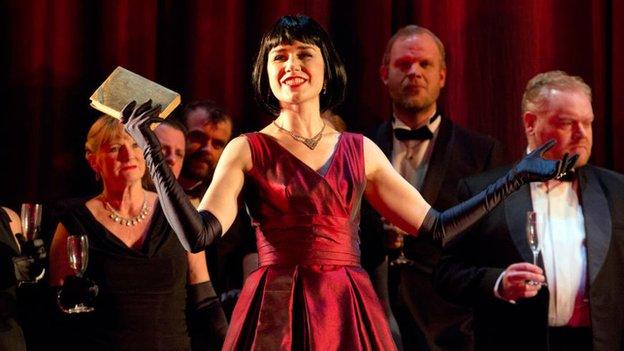
- Published12 February 2015
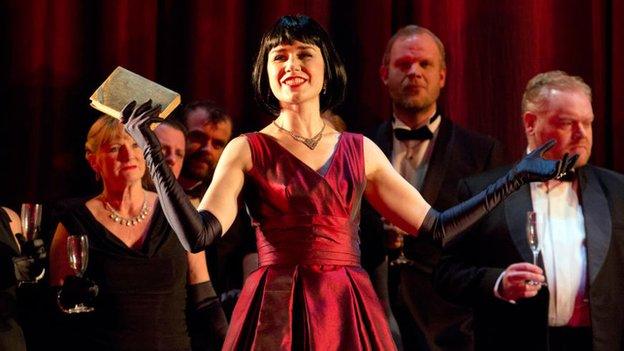
- Published6 August 2014
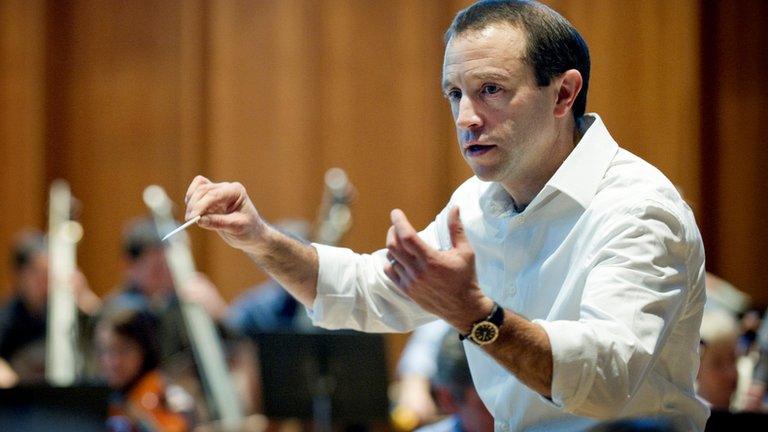
- Published16 September 2014
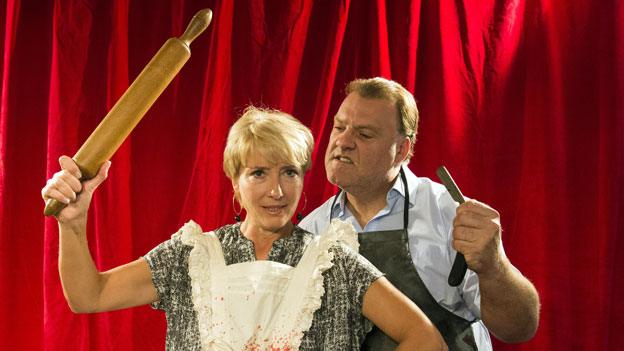
- Published1 July 2014
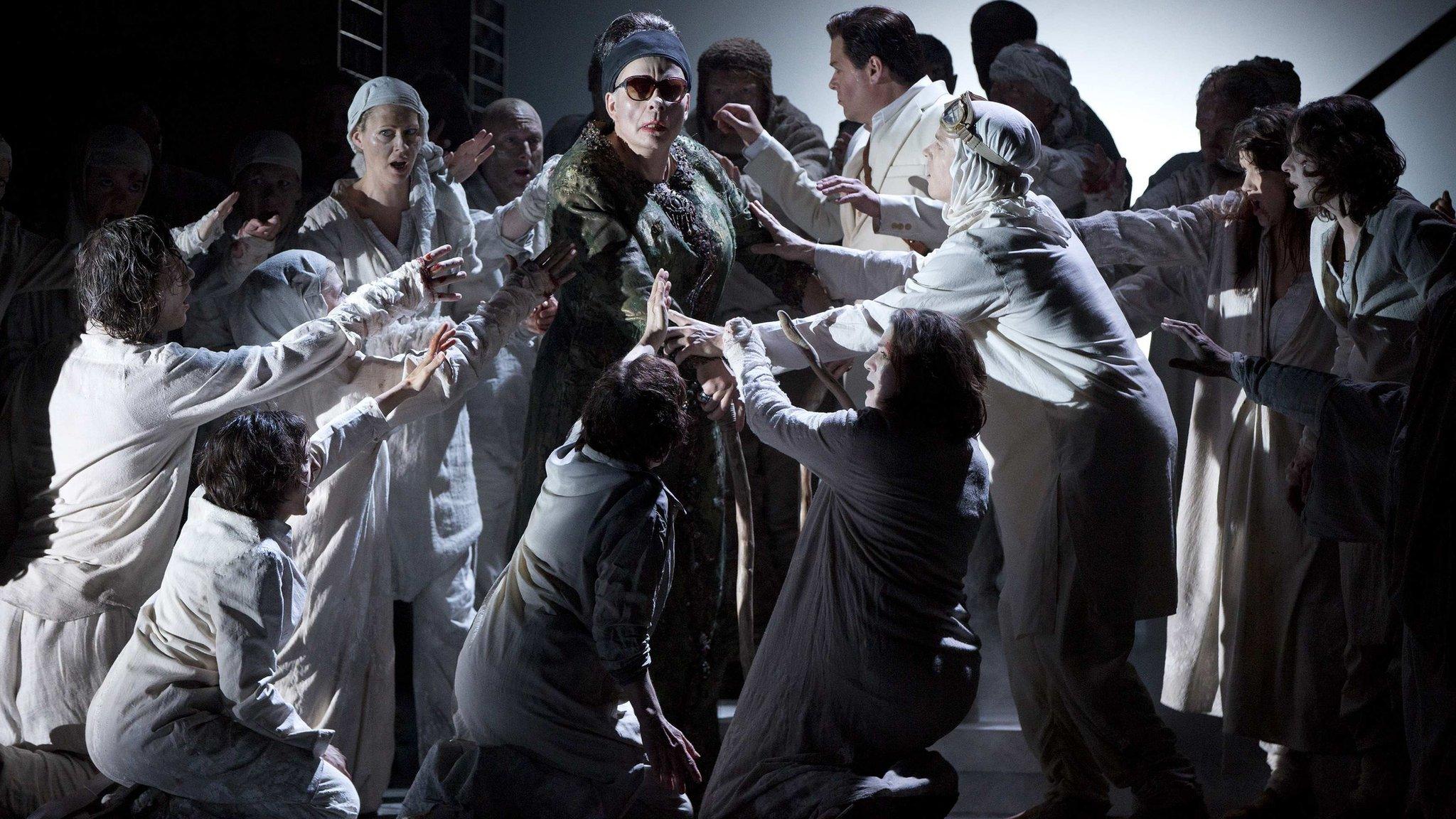
- Published29 April 2014
eno,tristramkenton.jpg)